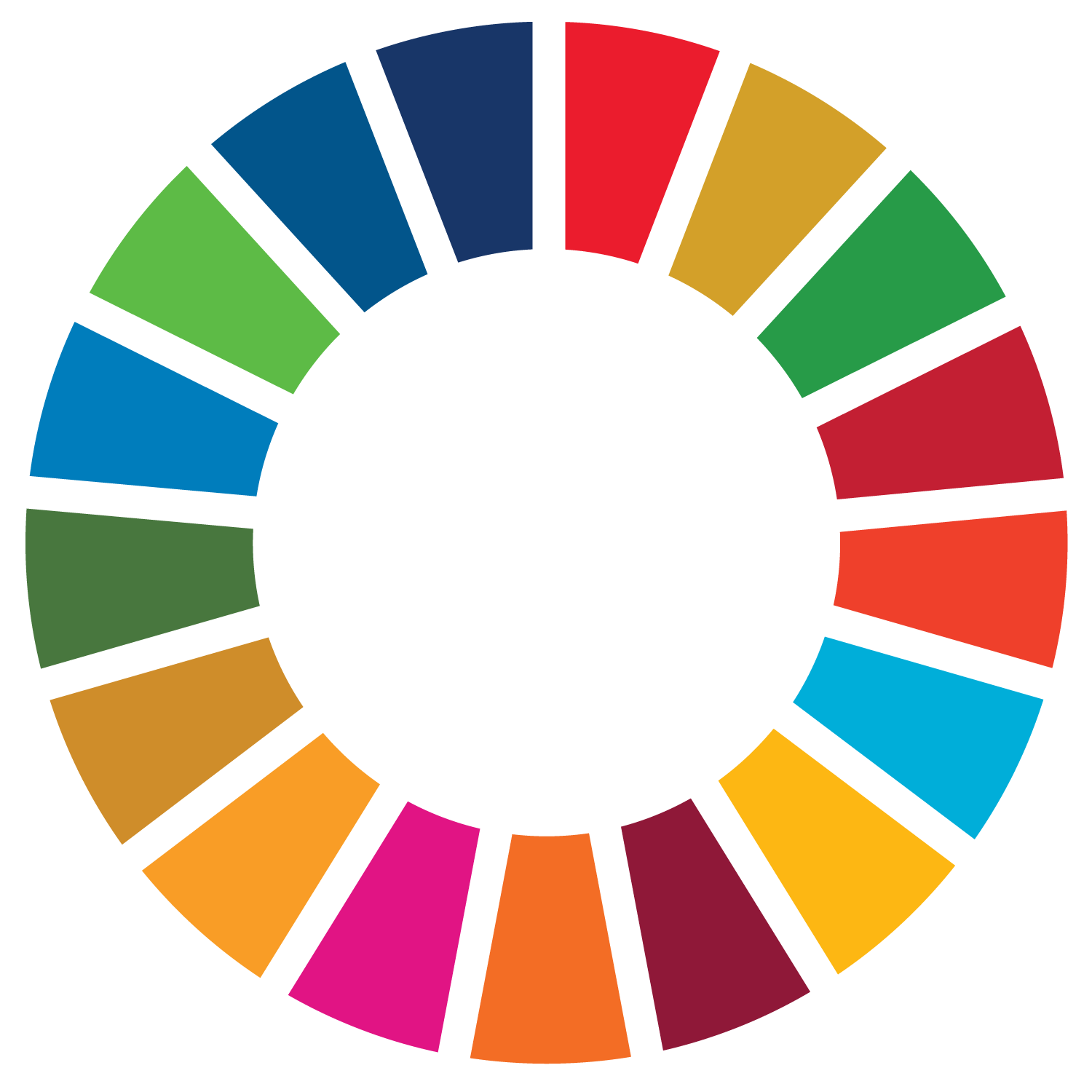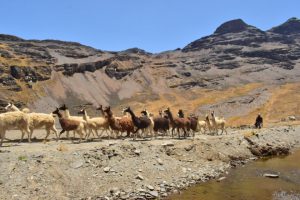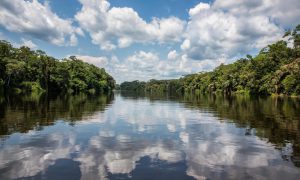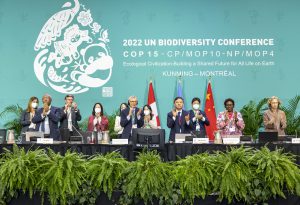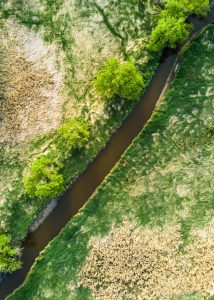
Rivers, lakes under mounting pressure
Read this Q&A session with Susan Gardner, Director of the United Nations Environment Programme (UNEP) Ecosystems Division, who talks about the perils facing freshwater resources, how to restore them, the importance of tracking water-related environmental data, and how UNEP is taking forward the outcomes of the UN 2023 Water Conference.
